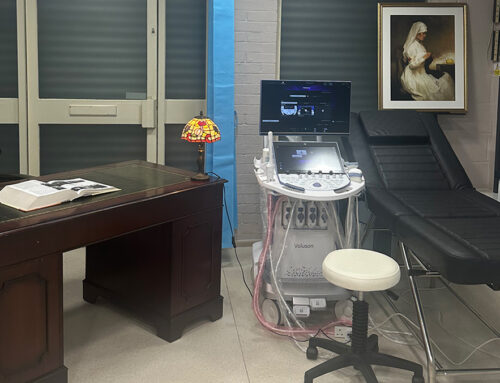It is estimated that around 700,000 people in the UK have a diagnosis of autism. One in 100 children in the UK have a diagnosis of autism spectrum disorder. Concerns has been raised about the long time it takes for diagnosis, as well as specific issues with the support offered in England.
Investing in the health and wellbeing of children is one of the most powerful actions a society can take .Early childhood experiences lay the foundation for lifelong physical, emotional ,and cognitive development .By designing services that provide timely and effective support from the very beginning, we not only improve individual outcomes but also strengthen our communities and reduce long-term pressures on healthcare ,education, and social services.
Delays in diagnosis and long waiting times ,followed by inadequate or ineffective support ,presents significant barriers to the healthy development of children and young people .These systematic failures can have lasting consequences-and yet ,far too many are being let down at these two critical stages.
Long waits between initial referral and diagnostic assessment can have a profound impact on a child’s development and wellbeing. These delays often leave families in limbo, without the clarity, validation, or support that a formal diagnosis can bring. For children suspected of having autism spectrum disorder (ASD), early identification is critical—not only for understanding their needs but also for accessing the right interventions, therapies, and educational accommodations.
Despite national guidelines recommending timely assessments, many regions across England face significant backlogs. In some cases, families report waiting months—or even years—for a diagnostic appointment. During this time, children may struggle at school, experience emotional distress, and miss key developmental milestones, all while parents and carers face uncertainty and stress.
Reducing these delays requires sustained investment, workforce expansion, and a commitment to integrated, child-centred services that prioritise early identification and support.
Recommendations for Improving Waiting Times to Start Diagnostic Assessments:
1. Accountability for Waiting Time Targets:
Local areas must be held accountable for meeting national average waiting time targets for initiating diagnostic assessments. Transparent reporting mechanisms should be implemented to track and publish performance data regularly.
2. Adequate and Targeted Funding:
Sufficient funding must be allocated to support local services in reducing delays. This funding should be ring-fenced and directly linked to improving diagnostic capacity, including training, staffing, and service infrastructure.
3. Enforce a Maximum Three-Month Waiting Time:
No child or young person should wait longer than three months from referral to the start of a diagnostic assessment. This should be established as a non-negotiable national standard.
4. Implementation of National Autism Care Standards:
Local services must be supported and monitored to ensure full compliance with national autism care standards. These should include clear benchmarks for timely access, quality of assessments, and post-diagnostic support.







Leave A Comment